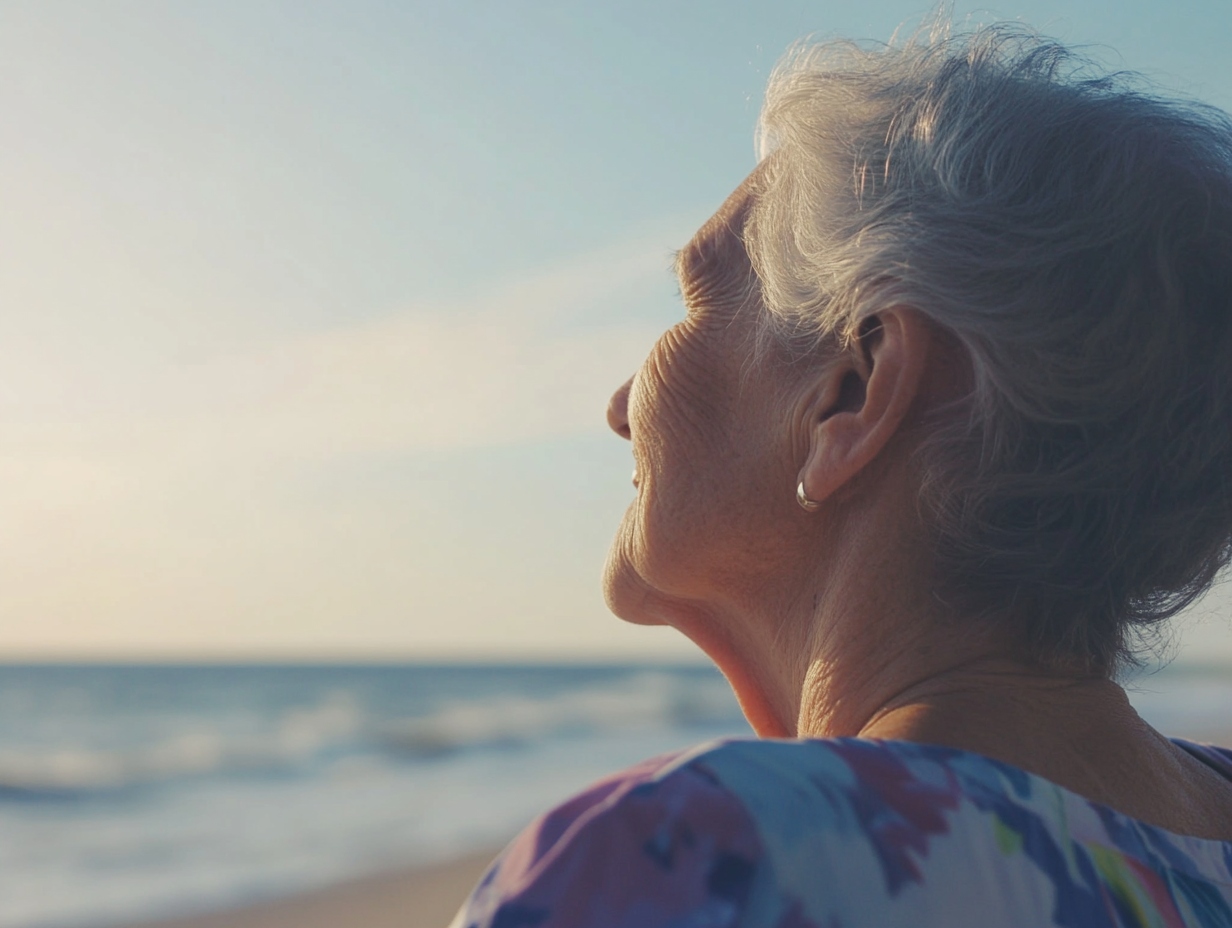Not every older adult has someone to lean on. While many seniors enjoy the support of children, partners, or extended family, a growing number face aging alone. Whether due to geographical distance, estranged relationships, having no children, or outliving loved ones, some seniors find themselves navigating later life without the safety net of family.
This experience - often referred to as “elder orphanhood” - can have profound effects on health, wellbeing, and independence. But understanding the challenges is the first step to creating better systems of care, connection, and dignity for all.
Who Are Elder Orphans?
“Elder orphans” are older adults who are aging without close family or support networks. They may be:
- Unmarried or widowed with no children
- Estranged from family
- Living far away from loved ones
- Caring for others with no one left to care for them
In the U.S. alone, it’s estimated that 22% of Americans over 65 are in danger of becoming an elder orpahn - and the trend is rising globally.
The Emotional Toll of Aging Alone
Seniors without family support often face heightened risks of loneliness and isolation. Studies show that chronic loneliness can be as harmful as smoking 15 cigarettes a day. It’s linked to:
- Depression and anxiety
- Poor sleep
- Cognitive decline and dementia
- Increased risk of heart disease and stroke
Without someone to check in, celebrate milestones, or simply share daily life, emotional wellbeing often declines - sometimes silently.
Apps like Elli Cares help address this gap by offering seniors gentle daily structure, video and voice reminders, and connection to professional or informal care teams - even if family is not present.
👉 Check out our article on How to Support a Loved One With Dementia From Afar
Health Risks Without an Advocate
Family often plays a critical role in advocating for a senior’s health. They notice early warning signs, help manage medications, accompany loved ones to appointments, and ensure care plans are followed.
Without someone to advocate, many seniors struggle with poor medication adherence and increased hospital readmissions - risks that the CDC highlights in its caregiving guidance:
- Missed or delayed medical appointments
- Poor medication adherence
- Incomplete follow-up on diagnoses or treatments
- Increased hospital readmissions
And in emergencies, there may be no designated person to make decisions, access records, or provide critical information - leaving healthcare providers with limited context.
Navigating Daily Life Without Help
For many seniors, family members also help with practical day-to-day tasks:
- Grocery shopping or meal prep
- Home maintenance
- Driving or transportation
- Technology use and digital literacy
- Managing finances or paperwork
Without that help, older adults may struggle to maintain independence. Tasks that were once simple can become overwhelming or even unsafe. This often leads to earlier transitions to assisted living - not necessarily because of health, but because of lack of support.
Apps and services that enable remote monitoring, medication reminders, and task management, like Elli Cares, can make a meaningful difference in extending independence and safety.
A Growing Need for Community-Based Alternatives
As families become smaller, more dispersed, or unavailable, community-based solutions must step in. That includes:
- Local senior centers and peer support groups
- Faith-based outreach and friendly caller programs
- Tech platforms connecting seniors with volunteers
- Aging-in-place services like transport, home care, and meal delivery
- Legal tools like powers of attorney and advanced care directives
Support doesn’t always need to come from blood ties. Trusted neighbors, friends, or even paid companions can become a meaningful support network - but only if the systems are in place to connect them.
What Can Be Done?
If you’re a policymaker, tech innovator, caregiver, or simply someone who cares about aging well, here’s what we can do:
- Design with empathy: Create products and services assuming no family is present.
- Raise awareness: Normalize asking older adults about their support networks - and planning for gaps.
- Foster connection: Encourage programs that create intergenerational relationships and community bonds.
- Empower independence: Leverage technology that supports seniors in managing their health and routines.
- Plan early: Encourage legal and practical planning - before a crisis hits.
A New Kind of Support System
Family isn’t the only kind of support - and for many seniors, it isn’t an option at all. What’s important is that we design care models that don’t rely on assumptions of family involvement.
At Elli Cares, we believe that every senior deserves to live with dignity, independence, and connection - whether they have family nearby or not. Through reminders, wellness tracking, and shared care tools, we’re building digital companionship for those who might otherwise go it alone.
👉 Read our article on Supporting Mental Health in Older Adults








